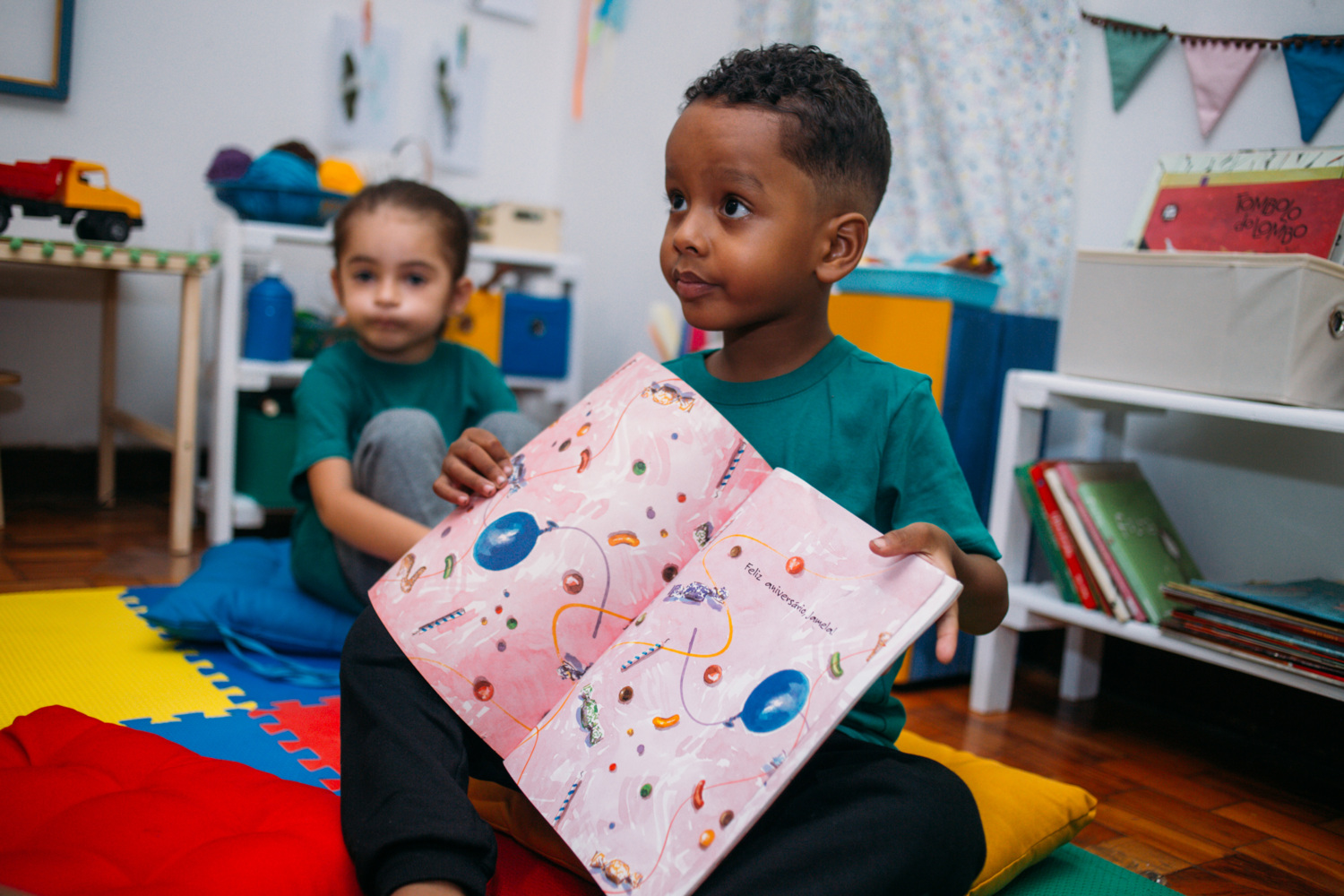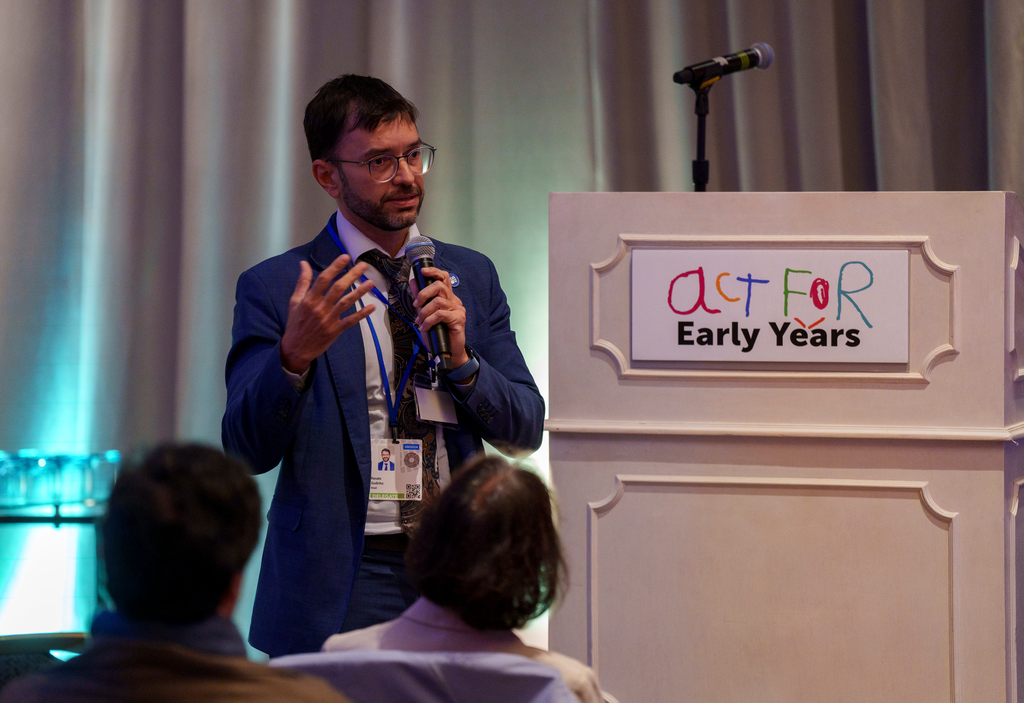Could this be a game changer? Early Years recognised in global efforts to tackle inequality

In a potentially significant development this week, Brazil’s G20 presidency, led by President Lula da Silva, has made a major call for global unity in the fight against inequality, hunger, and poverty. President Lula da Silva is spearheading the formation of a Global Alliance Against Hunger and Poverty, which he plans to officially launch at the G20 Summit in Rio this November.

Image credit: Júlio César Almeida, Fundação Maria Cecilia Souto Vidigal
The newly proposed Global Alliance emphasizes the critical need for early years support as a strategy to combat inequality. This includes advocating for enhanced social security support for parents, carers and families to achieve the Sustainable Development Goals to tackle inequality, hunger, and poverty. Many governments worldwide are currently failing to invest adequately in universal support systems, which are essential for providing children with the best start in life. Issues such as expensive and hard-to-source childcare, insufficient child benefits, and the lack of paternity leave rights highlight the gaps in support.
The absence of these basic provisions has profound societal impacts. The poorest and most marginalised families struggle to make ends meet, women face challenges in remaining in the workforce, and children miss out on crucial early years interventions that are vital for their development and future success.
Substantial evidence supports that investing in early childhood can lift children out of poverty, address inequality, and boost productivity. Such investments are recognized as one of the most cost-effective strategies for poverty alleviation and are fiscally smart due to their multiplier effect across numerous Sustainable Development Goals.
Renato D. Godinho, co-chair of the group establishing the Global Alliance, underscored the importance of early childhood interventions at a recent Act For Early Years Campaign event in Washington DC. He stated, “There are many targeted interventions but those for early childhood are crucial.”

Renato Domith Godinho, Special Advisor for International Affairs, Ministry for Social Development and Assistance, Brazil, G20 Task Force for a Global Alliance Against Hunger and Poverty Act for Early Years: Unlocking Investment for Our Youngest Learners event held during the IMF/World Bank Spring Meetings in Washington DC and hosted by Theirworld, GBC-Education, Sesame Workshop and ECDAN.
Ben Hewitt of Theirworld stated, “Campaigners are uniting to ensure that investment in early childhood development is finally recognized as a crucial catalyst in the fight against inequality and poverty. It is essential that this key intervention is placed at the core of efforts to achieve the Sustainable Development Goals and its transformative promise to ‘leave no one behind’.”
At the outset of Brazil’s G20 presidency, over 150 early childhood-focused organizations urged President Lula to prioritize early years investment. They highlighted that the lack of investment has a devastating impact on children’s futures, causing them to start school behind their peers, which deepens inequality and affects their future prospects.
President Lula’s initiative to establish the Global Alliance Against Hunger and Poverty marks a decisive step in addressing these issues. The foundational documents for the Alliance were recently approved during a pre-launch event at the headquarters of Ação da Cidadania in Rio de Janeiro. In his speech, President Lula emphasized the historical importance of this moment, stating, “Participating in this ministerial meeting of the Task Force, which lays the foundations for the Alliance against Hunger and Poverty, is one of the most important moments of the 18 months of my third term.”
As the consultation phase for the new Global Alliance continues until its official launch in November, there is a unique opportunity to ensure that early years investments remain central to its efforts and the ‘policy basket’ being agreed by leaders. The call to action is clear: tackling poverty, hunger, and inequality starts in the early years. It is time for world leaders to Act For Early Years.
